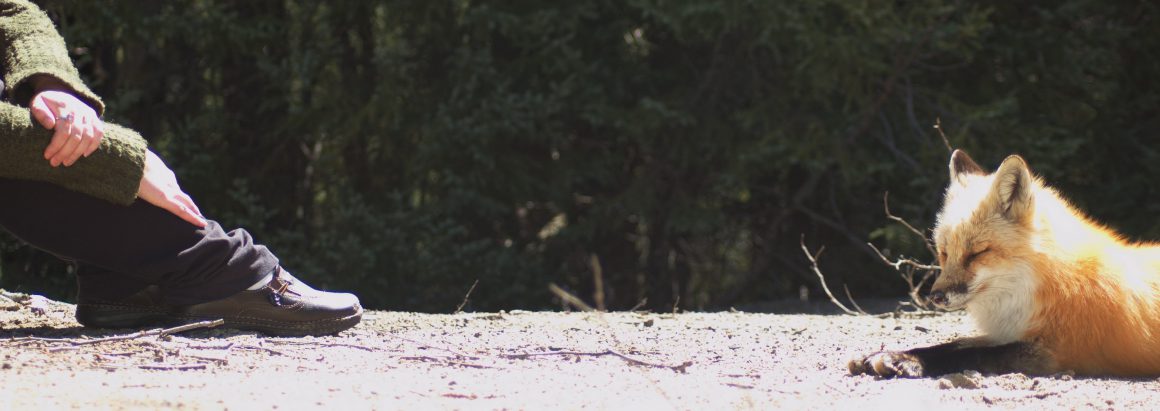a random poem that spilled onto the page just now.
*
People who fit into the cracks
don’t get there by falling —
they slide, duck, and twist,
slick as shadows,
as they’ve always admired
tree roots for their secrets.
Jeweled branches that reach
above ground into sky praise
themselves too much. They’re too loud,
too brash, too selfish, always
in the way of someone else.
Those who fit into the cracks
can be but a blur of light, barely seen,
the way curls of smoke
are scarves for air.
These souls smooth
themselves into a second skin
over wounds and ugliness, hoping
to be unnoticed,
like a stitch that holds
a despairing heart together.
Those who fit into the cracks
become what is needed
in the manner of an underling,
a servant quick to please,
or a mother-goddess tending
her young;
the same thing, sometimes.
And those that notice
the wisp of a quiet girl hidden
in the cracks
might see a frightened deer
or the bravery of star-birth.
She doesn’t mind
which you choose;
she’s busy knitting
purpose into the lost,
and perhaps, looking
to see where she fits
into the cracks of you.


